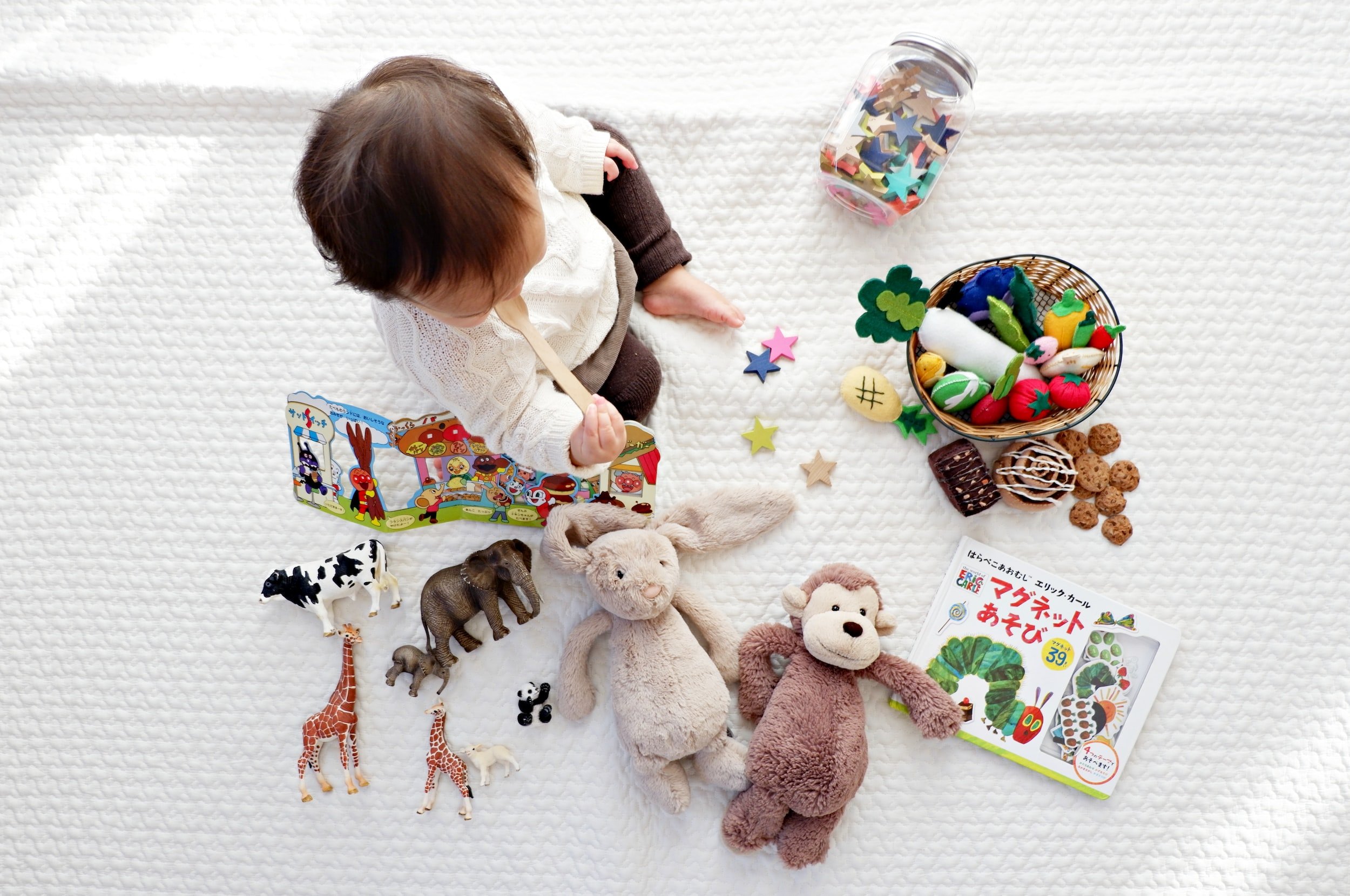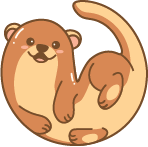Sea Otters
Potty Training
Younger 2’s
1:12 Teacher-to-Student Ratio
Maximum Class Size of 16
About the Sea Otters
Our beginner potty trainees.
Curriculum & Daily Activities
The Sea Otters are introduced to potty training in a gentle and supportive environment. They also have a great academic program that is geared towards their specific development and teaches them in a fun yet challenging way.
During their daily circle time, they have morning greetings and name recognition (a pre-reading activity). They also talk about the calendar and review the days of the week. Their teacher reads them age appropriate stories and they sing songs.
The Sea Otters do daily art activities. This includes both crafts and free art based on their thematic unit. Art time gives them a creative outlet and helps to perfect their fine motor skills. They also have music and movement activities everyday.
Some of the concepts that they work on include, but not limited to: social, verbal, fine motor skills, colors, shapes, numbers, letters, music language, science, art, and potty training.
The potty-training program is only successful if we work together as a team. The teachers are a wonderful asset, helping them to achieve this next important level of independence.
Environment
Our potty training working ratio is 1:8, which improves teacher satisfaction. We also open as many potty training programs as needed to support our school population which keeps class sizes small.
Developmental Milestones
By 3 years, toddlers will:
Calms down within 10 minutes after you leave them like at a childcare drop off
Notices other children and joins them to play
Talks with you in conversation using at least two back-and-forth exchanges
Asks “who,” “what,” “where,” or “why” questions, like “Where is mommy/daddy?”
Says what action is happening in a picture or book when asked, like “running,” “eating,” or “playing”
Says first name, when asked
Talks well enough for others to understand, most of the time
Draws a circle, when you show them how
Avoids touching hot objects, like a stove, when you warn them
Strings items together, like large beads or macaroni
Puts on some clothes by themselves, like loose pants or a jacket
Uses a fork
Why Scripps Exploring Academy?
At Scripps Exploring Academy, we support the students and their families. In our potty training program, we begin by meeting with the parents and going over our plan so that we are all on the same page. By doing so, we can work together to create a stress-free environment for the child and together be more successful.







